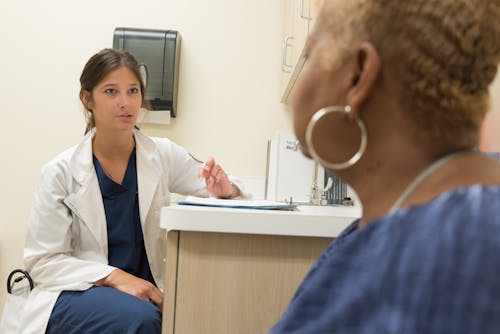Skills and sub-skills
Skills and sub-skills
Sub-skills are the smaller, component abilities or actions that, when combined, enable someone to perform a more complex skill. They're like building blocks. Mastery of each sub-skill contributes to overall competence in the larger task.
If we think back to our pottery example, the overall skill may be “making a clay pot”, but within that, there will be sub-skills, such as centering the clay and pulling up the walls evenly, that will be important in succeeding with the overall skill.

Each sub-skill can be taught, practiced and assessed individually before combining them into the full task of making a pot. Mastery of sub-skills ensures precision and confidence in the complete process.
If we consider clinical skills, we might think back to the quote we saw previously from Feddock (2007, p.277):
“Teaching clinical skills is time-intensive and requires dedicated faculty who are able to demonstrate, teach and provide feedback”
What sub-skills are needed to teach clinical skills?
Clinical skills often consist of multiple sub-skills that need to be taught explicitly. Let’s take history-taking as an example.

As part of this, learners must go beyond simple closed-ended questions. Feddock (2007) notes that such questions can “fail to gather specific details critical to clinical decision-making” (p.375). Effective history-taking requires active listening, open-ended questioning and the ability to probe for nuanced information.
There is also the consideration that, in clinical reasoning, learners must develop the ability to interpret information within the context of the patient’s overall presentation.The Role of Gestalt in Clinical Skills
An intriguing concept in clinical skill development, that Feddock eludes to on a number of occasions, is the idea of gestalt. As defined, gestalt is "a sudden insight into an entire system, structure or experience; understanding the whole as more than just the total of its constituent parts."
In a clinical context, it can be seen as a form of sudden, holistic understanding that allows a clinician to perceive the patient's condition as a coherent whole rather than as a collection of isolated symptoms.
While it may seem intuitive, developing gestalt is itself a skill that requires extensive experience and reflection.
How might learners cultivate this skill?